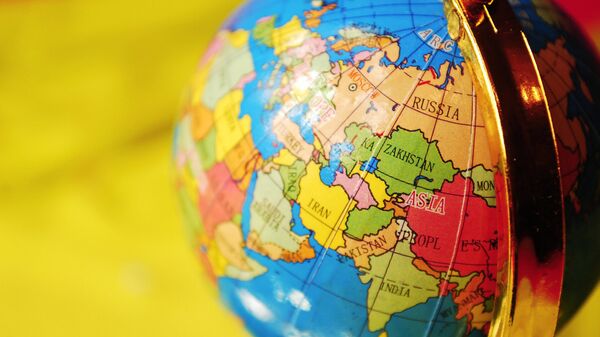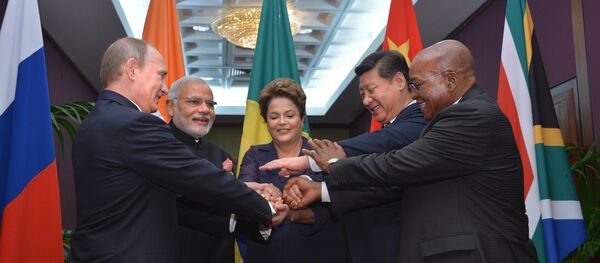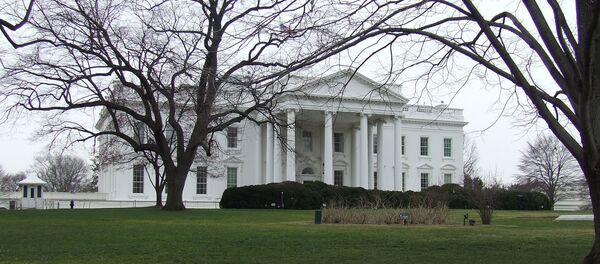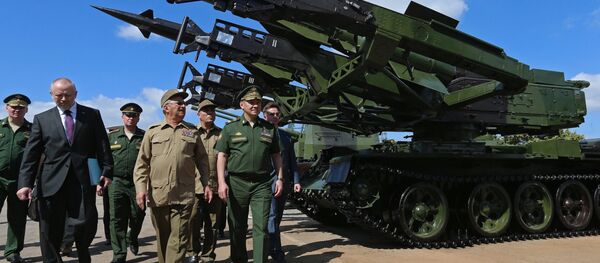Russia's military cooperation with the Central American state of Nicaragua will undermine Washington's influence in the Western Hemisphere, experts claimed.
"Because of the US presence in countries abutting Russia, Russia may be looking to do the same in our region," noted Carlos Rivera Bianchini, president of the Foundation for Peace and Democracy in San Jose, Costa Rica, as cited by Tim Johnson.
Russia and the United States are currently the two largest weapons exporters in the world. While Washington is providing its weaponry to the Americas and Europe, Russia is selling its arms to Africa and Central Asia.
However, a potential arms deal with Nicaragua could seriously undermine the established balance, noted Jeremy Bender, a columnist on an American news website, adding that Russia may use the Central American country like its predecessor, the USSR, as a player against US influence.
It should be noted that Socialist Nicaragua and the Soviet Union collaborated closely until the collapse of the USSR. However, in 2007 relations between Nicaragua and the Russian Federation started improving after Jose Daniel Ortega Saavedra won the presidential election in the Central American country.
Since that time, Moscow boosted its cooperation with Managua, providing the country with 100,000 tons of wheat annually and bolstering bilateral programs aimed at fighting narcotics trafficking in the region. In September 2014 more than 45 Nicaraguan military cadets and officers left for extended military training in Russia.
Tim Johnson pointed to the fact that in February 2015 while in Managua, Russian Defense Minister Sergei Shoigu signed an agreement allowing Russia's warships to enter Nicaragua's ports. The expert reminded that in January the country was visited by the head of Russia's upper house of Parliament, while President Vladimir Putin made an official state visit to Nicaragua in June 2014. On March 25, 2015, Russian Foreign Minister Sergei Lavrov will arrive in Nicaragua as part of a series of high-level Russian visits to the country.
The Nicaragua Canal is meant to become a competitor to the US-controlled Panama Canal and is being constructed by the Chinese HKND Group (HK Nicaragua Canal Development Investment Co Ltd). The project has already sparked controversy among American experts, who fear that the new interoceanic route will undermine the US' geopolitical position in South America.
Meanwhile, Russia is strengthening its political and economic ties with its former Soviet allies, such as Cuba and Venezuela, as well as with other Latin American states. During the latest press-conference in Bogota Sergei Lavrov emphasized that Russia would welcome the integration between the Eurasian Economic Union (EAEU) and Latin America's UNASUR (The Union of South American Nations), CELAC (The Community of Latin American and Caribbean States) and other unions.
It should be also noted that Nicaragua, alongside Cuba and Venezuela, voted against a UN resolution to declare Crimea's independence referendum illegitimate.




